
Is It okay to Never Have a Credit Card?
Published July 22, 2025
•
Last updated July 23, 2025
5 min read
At FinlyWealth, we’re constantly backing credit cards, so of course we think they’re an important and convenient tool for building credit and learning how to be financially responsible.
That said, we’re no strangers to the cons of credit cards as well. Unfortunately, credit cards can also make it easy to carry a balance and accumulate debt – which is why some spenders might steer clear of them altogether. Debt can hurt your credit score, and your credit health is an important factor for future financing like taking out a loan, renting a home, or applying for a mortgage.
Luckily, there are other ways to build credit in case you want to opt out of a credit card application. Alternatively, you can pay off student loans, cover your phone bill on time, open up a line of credit or – for a one-foot-in-one-foot-out approach – you can also become an authorized user or apply for a secured credit card.
For more details on how to get by without a credit card, keep reading.

What Are the Pros and Cons of Credit Cards?
Before we jump into how to navigate your spending without a credit card, let's help you either confirm that you're not interest in a credit card based on their drawbacks, or convince you otherwise by highlighting their perks.
The Pros of Owning a Credit Card
The are many reasons why covering your expenses with a credit card is both strategic and beneficial, including:
- Optimized Payments: Unlike a debit or prepaid card, credit cards allow you to optimize your spending by granting you points or cashback on eligible purchases. Cashback puts money back into your pocket while points can later be redeemed towards eligible categories like travel, entertainment, and dining. Essentially, credit cards are constantly giving back, and without one, you're missing out on some extra money.
- Fraud Protection: If a fraudulent purchase is ever made on your credit card, it's much easier to get your money back than it is through a chequing account. In fact, sometimes, with a chequing account, you may not be able to retrieve your stolen funds at all.
- Added Perks: Aside from rewards programs, many credit cards also come with extra benefits like travel advantages, gas discounts, and status lifts. Lots of cards also boast some insurance coverage, including trip insurance, mobile device insurance, and extended warranty and purchase protection insurance. You'll also want to look out for promotional periods when a card may offer better reward rates or lower interest rates to help get you started.
- Credit Health: While it's possible to build credit without a credit card (more on this later), using a credit card to improve your credit health is much more convenient since every billing cycle will provide credit bureaus with detailed insight into your spending habits.
The Cons of Owning a Credit Card
Of course, there are a couple of valid reasons why some people avoid credit cards, for example:
- Overspending: The credit on your card is essentially borrowed money and if you cannot borrow this money responsibly, then you probably shouldn't be borrowing it at all. Responsible borrowing means paying off your balance on time and keeping your credit utilization ratio low (under 30%). Some people may treat their credit limit like their chequing account balance, spending more money than they're able to ultimately cover. This type of behaviour leads to credit card debt, which can be tough to pull yourself out of (not to mention, tough on your credit health).
- Targets Fraud: There's a particular reason why credit cards tend to be well-equipped with fraud protection, and that's because cyber-criminals and thieves routinely target credit cards and attempt to steal PINs, card numbers, or even the physical card itself.
Other Ways to Build Credit
As mentioned, at their core, credit cards are for more than just spending, they also help you to build credit.
You build credit by paying off your balance by its due date and keeping your credit utilization ratio low, which will result in a positive credit report that will inevitably feed your credit score.
So, if one of the most important aspects of a credit card is building credit, can you build credit without a credit card?
In short, yes, you can absolutely find other ways to improve your credit health without keeping a credit card in your back pocket, including the following:
Loan Payments
Making on-time payments on loan instalments is already a sure way to keep up a positive credit history. Specific loans, like student loans, are reported to credit bureaus – which are responsible for determining your credit score.
If you don’t have any student loans, some creditors offer credit-builder loans, where the lender deposits a pre-determined value into a savings account that the borrower will essentially pay off in monthly instalments to positively impact their credit.
These credit-building options might take some time to gain momentum, but they’ll be able prove your overall spending responsibility in the long run.
Bill Payments
Similar to loan payments, some bill payments can also count towards your credit health. For example, certain cell phone providers report your phone bill payment history to credit bureaus, indicating whether or not you typically pay what you owe on time.
A good rule of thumb regardless of whether or not your repayments are being reported to the credit bureaus is to always pay your bills on time. That way, any issuers or creditors that are passing your transactional history along will have nothing negative to report.
Lines of Credit
This may come as a surprise to some, but you actually don’t need a credit card to take out a line of credit – they are completely different entities.
Lines of credit are a type of revolving credit with tons of flexibility when it comes to how much you borrow and when you can borrow cash within your credit limit (which is often higher than a credit card’s credit limit – it all depends on your creditworthiness!). Typically though, you’d use a line of credit for more substantial purchases rather than everyday expenses.
Regardless, paying off your line of credit on time contributes to your credit health.
For more on the differences between a credit card and a line of credit, check out our Credit Card vs Line of Credit blog post.
Become an Authorized User
While this option technically requires a credit card, it won’t require you to open up a brand new account.
If you become an authorized user on a relative’s account, you’ll receive your own card, but unlike the primary user, you won’t be responsible for any debt accumulated on the card.
As an extension of their account, however, you will benefit from their spending and repayment habits as well as your own – all while building credit in the process.
This is a great option for parents who want to introduce their young spenders to the credit world, while also being able to guide and assist them as they learn responsible spending habits.
Staying Out of Debt Without a Credit Card
Since credit cards can supply spenders with the illusion that they have more money than they do, they make irresponsible borrowers susceptible to both overspending and consequently credit card debt.
Without a credit card, you’re limited to what you already have stashed inside of your wallet or bank account, prompting you to make purchases with either cash or a debit card. Being restricted to these two payment methods is actually beneficial when sticking to a budget because you won’t be able to go overboard.
So, if you think about it, avoiding a credit card may actually be strategic for those who don’t trust themselves with excess money that doesn’t actually belong to them.
Credit Card Alternatives
The best alternative to a regular credit card that still reports your financial behaviour to the credit bureaus is a secured credit card.
While unsecured and secured credit cards tend to work similarly overall, secured credit cards require a deposit upfront, this is used as collateral in case you fail to make your payments on time and it acts as your credit limit.
Secured credit cards are a great tool for improving or building your credit score as long as you make your repayments by their respective due dates and keep your credit utilization ratio low.
With a security deposit, secured credit cards also ensure that you will be able to cover your balance no matter what, unlike an unsecured credit card that will essentially carry your balance and throw interest on it.
Instead of a credit card or secured credit card, you can opt for other cards like debit cards or reloadable prepaid cards. Just note that unlike secured or unsecured credit cards, these contenders don’t report your spending habits to credit bureaus and therefore will not build your credit.
Here’s a quick look at the difference between credit cards, debit cards, and prepaid cards:
- Credit cards: make payments by borrowing money from a limited credit line.
- Debit cards: make payments using the money you have available inside of your bank account. Payments are not reported to credit bureaus.
- Prepaid cards: make payments using loaded funds previously transferred onto the card. Payments are also not reported to credit bureaus.
Conclusion
Overall, it’s completely OK to never open up a credit card account, but you’ll still want to make sure you’re building up your credit one way or another.
Alternatively, you can build credit by repaying certain loans like student loans or credit-builder loans, covering eligible bills like your phone bill, opening and responsibly paying off a line of credit, becoming an authorized user on someone else’s account, or even applying for a secured credit card – which makes going into debt less of a worry.
To make a positive impact on your credit regardless of which option you choose, simply ensure you make your payments on time.
Trending Offers
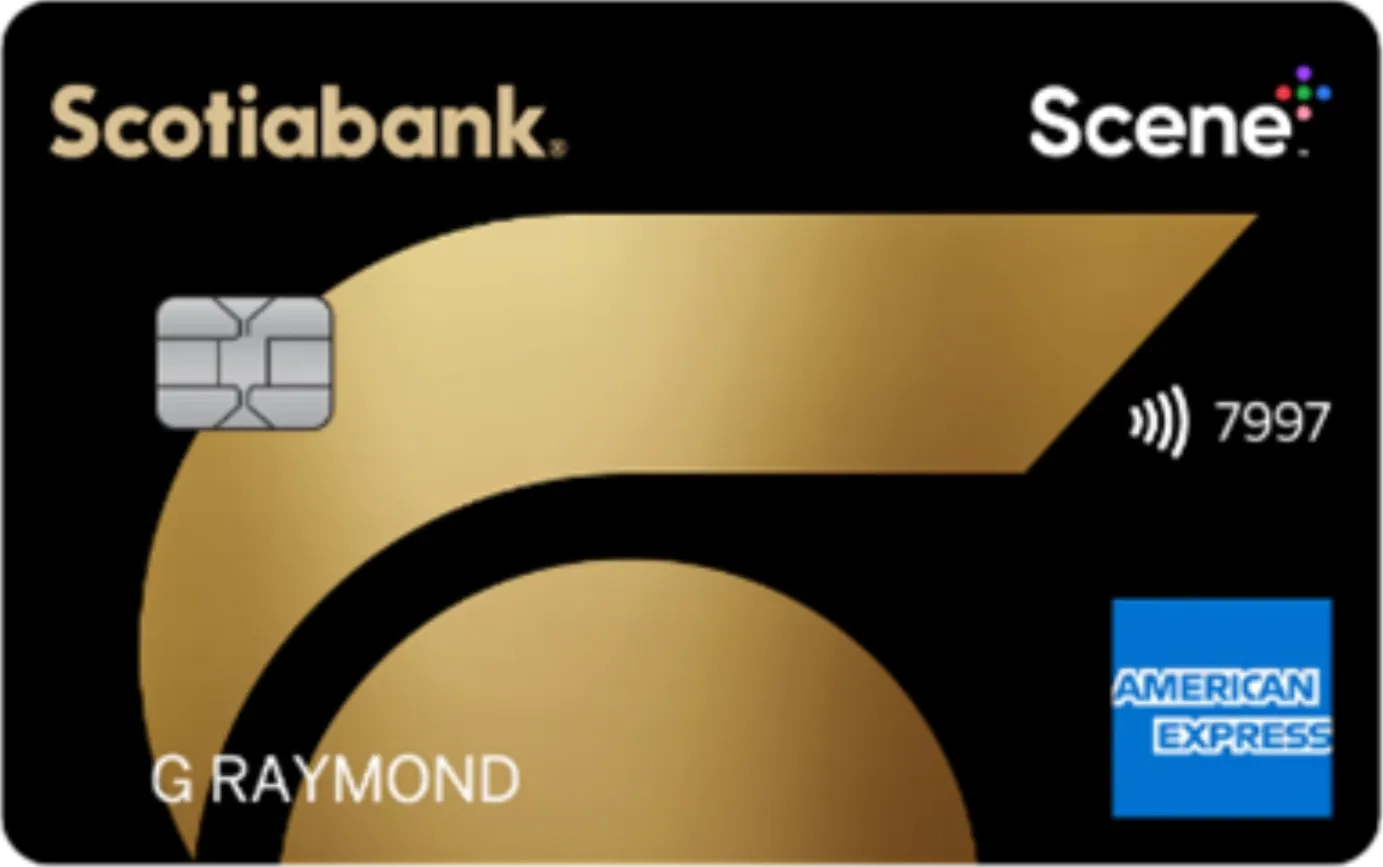
Scotiabank Gold American Express® Card
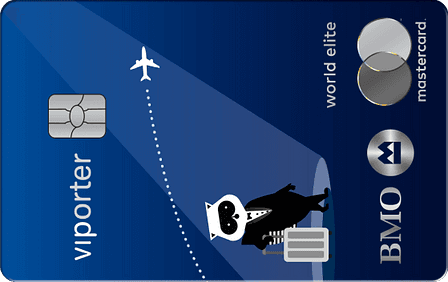
BMO VIPorter World Elite Mastercard®∗

BMO VIPorter Mastercard®∗
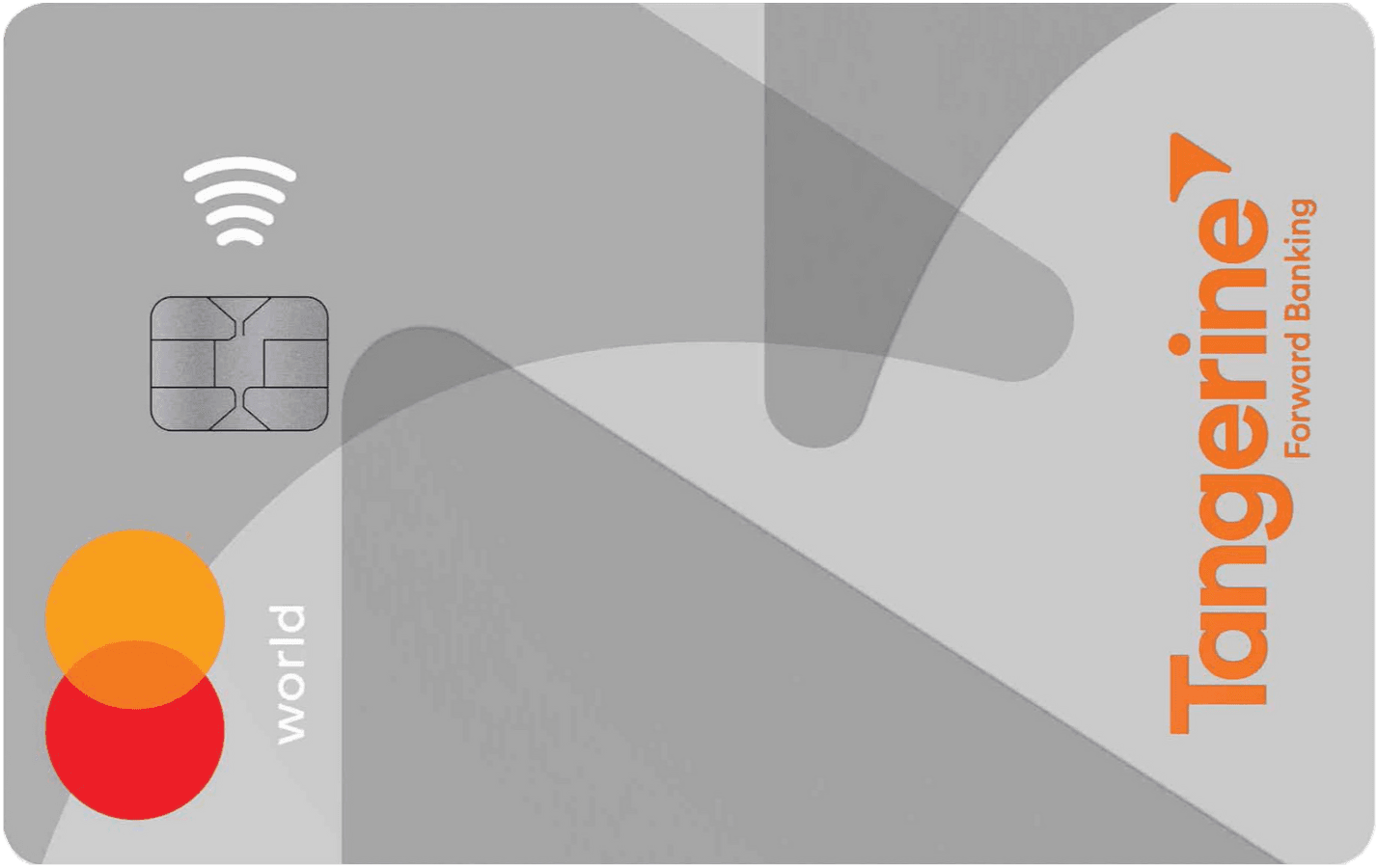
Tangerine World Mastercard
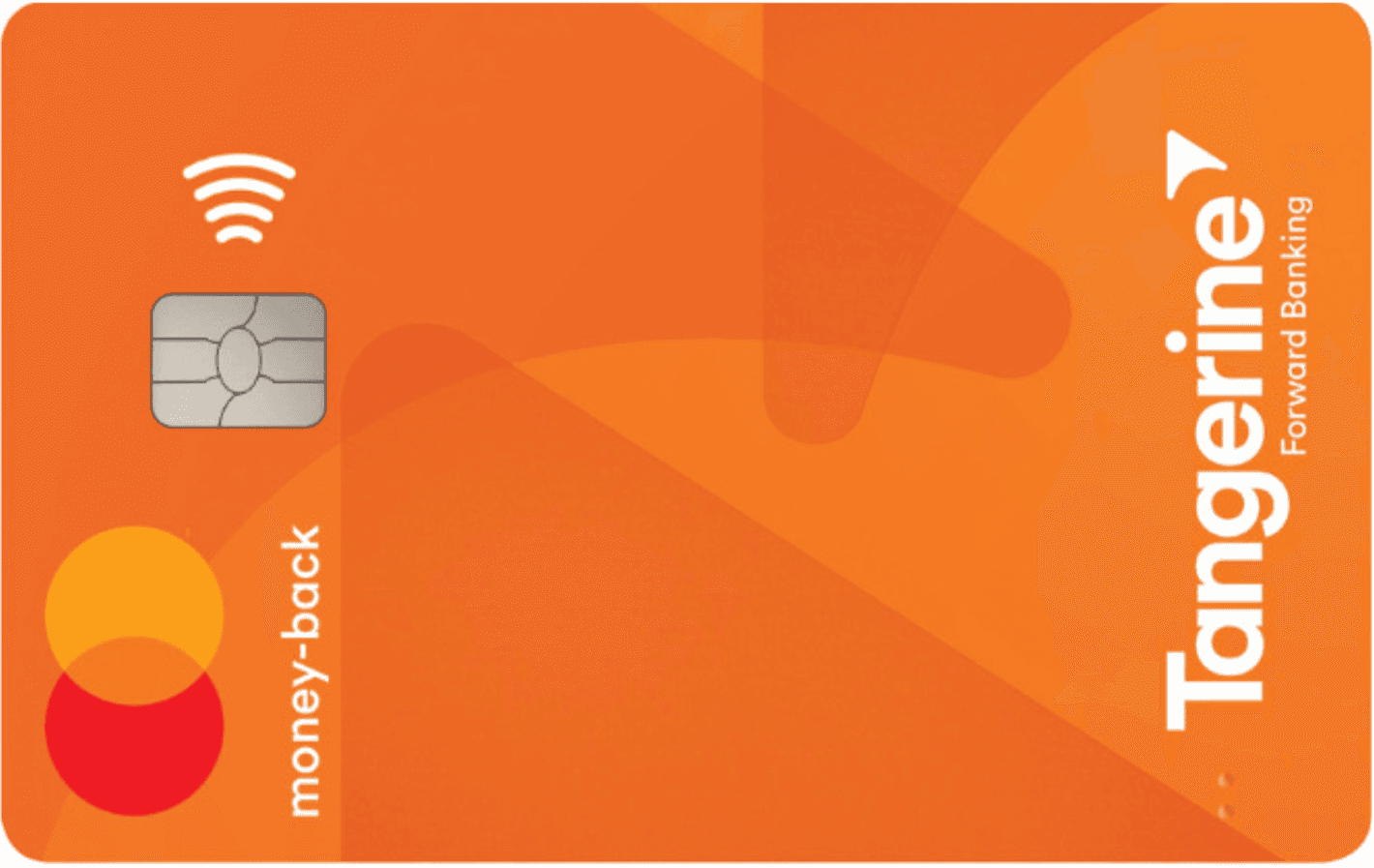
Tangerine Money-Back Credit Card
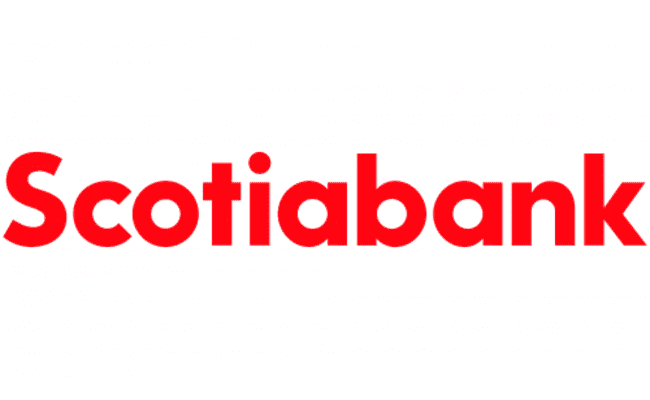
Scotiabank Preferred Package Chequing for Student and Youths